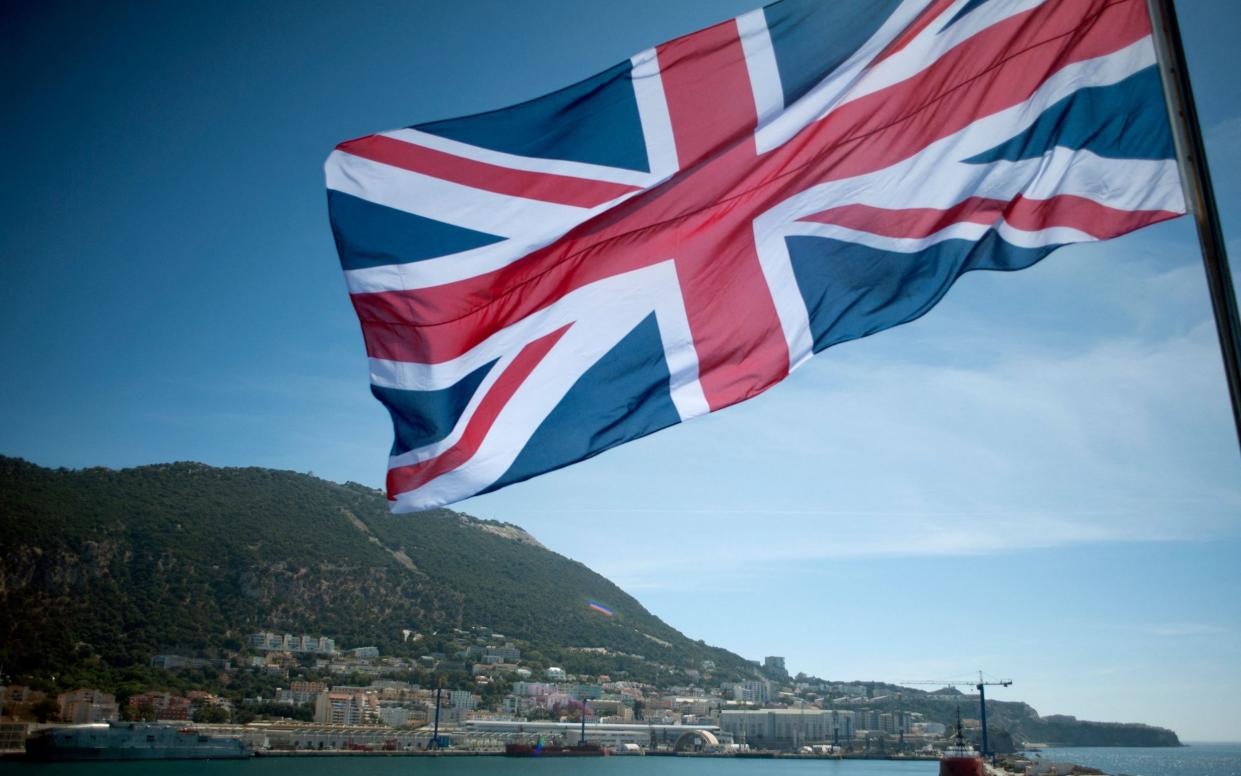Hands off Gibraltar

Madrid has never hidden its designs on Gibraltar. A British Overseas Territory, it may have close economic links with Spain, but protecting the UK’s sovereignty over the Rock has for centuries been a central pillar of Britain’s foreign policy.
Now, however, Conservative MPs are warning about a “sellout”. The Government has been locked in negotiations with the EU over the management of Gibraltar’s border now that the wider Brexit deal has been completed. Proposals have been made for EU officials to carry out immigration checks at the airport, allowing the territory to join the passport-free Schengen zone.
This, say the MPs, would be utterly unacceptable, partly because the airport is a joint civil-military facility that doubles as a RAF station. This is not just a matter of sovereignty, but also of control of a strategically significant British defence asset.
The Government might take heart from an intervention by Gibraltar’s chief minister, Fabian Picardo, who said last week that it was wrong to claim that the deal would affect British sovereignty. He also criticised MPs for wanting to “set themselves up as a greater guardian of Gibraltar’s sovereignty than the people of Gibraltar”.
But defence, foreign relations and security are matters reserved to the UK Government. There will therefore be occasions when the Government has to take action that goes against the wishes of Gibraltar’s elected representatives.
Lord Cameron, the Foreign Secretary, is due to be questioned by MPs on the European Scrutiny Committee on Monday, and it is vital that he is able to answer comprehensively any concerns about the implications of any new deal with the EU on Gibraltar.
Brussels has a tendency to insist that third countries accept its diktaks on the management of its external frontiers, as seen most recently in the torturous negotiations over Northern Ireland. Then, there were creative alternatives that could have been adopted that would have avoided all the problems inherent in the Northern Ireland Protocol. The Government must be certain that it is not about to give in to the EU again.

